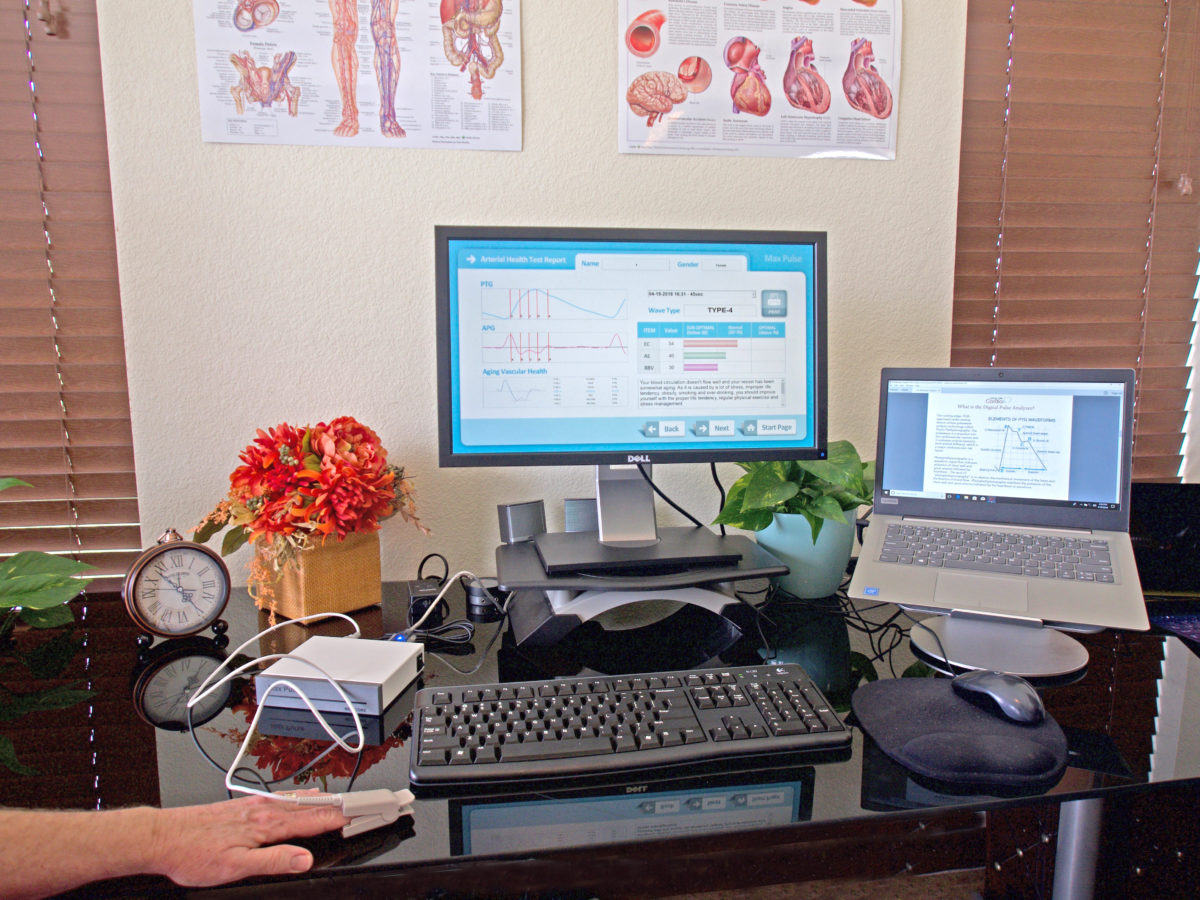
One of the biggest challenges that physicians face is treating and managing cardiovascular disease. More Americans die each year from CVD related problems than from any other disease. In many cases, patients are asymptomatic, or they aren’t aware of the severity of their disease until disaster strikes.
The World Health Organization has completed several studies on identifying and managing risk factors of cardiovascular disease, along with the obstacles that doctors encounter:
“The debilitating and often fatal complications of CVD are usually seen in middle-aged or elderly men and women. However, atherosclerosis, the main pathological process leading to coronary artery disease and peripheral artery disease beings early in life and progresses gradually through adolescence and early adulthood. It is usually asymptomatic for a long period.”
“…many people are unaware of their risk status; opportunistic and other forms of screening by healthcare providers are therefore a potentially useful means of detecting risk factors…”. Read more about this study and its findings at www.who.int/cardiovascular_diseases/guidelines/Full%20text.pdf.
General Practice Physicians frequently screen for cardiovascular disease by testing lipids, blood sugar, and regular blood pressure monitoring. However, the Max Pulse is an additional screening tool for cardiovascular disease that actually offers insight into the state of atherosclerosis in a patient.
The test is non-invasive, inexpensive, and takes approximately 3 minutes making it convenient for the doctor and the patient. Additionally, results print out instantly and can be reviewed with the patient right after it is completed.
This is a good tool to use in the course of regular check-ups regardless of age since it can help identify early signs of atherosclerosis. Additionally, it should be used with patients who have a known history and/or risk of CVD and can even help track progression from visit to visit. The Max Pulse should also be used in patients with diabetes as part of their regular testing program.